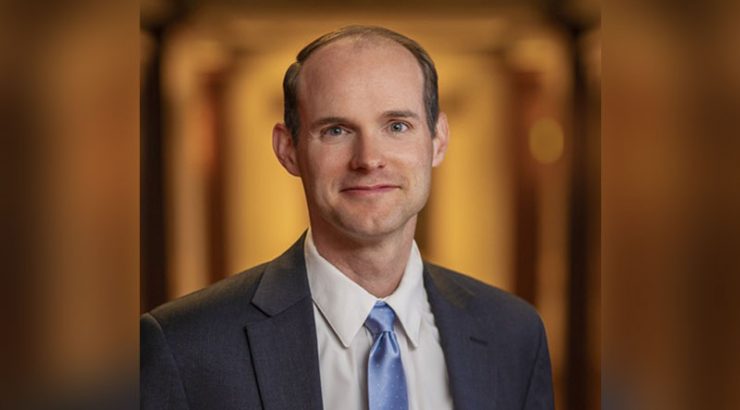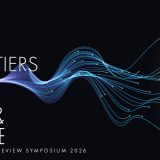
Fowler School of Law welcomes James C. Phillips as its newest full-time faculty member
February 26, 2020
This fall, the Dale E. Fowler School of Law at Chapman University will welcome a new member to its distinguished teaching faculty. James C. Phillips, currently a fellow at Stanford Law School’s Constitutional Law Center, will begin teaching at Chapman at the start of the 2020-2021 academic year.
“What is most appealing about coming to Chapman is that it is a place that cares about helping students succeed,” Professor Phillips said. “Chapman has institutionalized that care through various programs and policies that help students not just in law school, but in passing the bar and finding a job. That’s important to me.”
Professor Phillips is also an associate attorney at Salt Lake City-based Kirton McConkie, where he is a member of the firm’s First Amendment and Religious Organizations practice group. Previously, he clerked for Judge Thomas B. Griffith of the U.S. Court of Appeals for the D.C. Circuit and Justice Thomas Rex Lee of the Utah Supreme Court. Professor Phillips taught administrative law at Brigham Young University’s J. Reuben Clark School of Law, where he conceptualized and supervised the initial development of the Corpus of Founding Era American English. Prior to that, he also taught judicial politics in BYU’s political science department.
A prolific scholar, Professor Phillips has been published in some of the country’s most prestigious law journals, including the University of Pennsylvania Law Review, the Harvard Journal of Law & Public Policy, and the Yale Law Journal Forum, among many others. Much of his recent work has been on the subject of corpus linguistics, a relatively new scholarly discipline that seeks to use large databases of naturally occurring language (or corpora) to get better leverage on linguistic questions in the law.
“We’re very pleased to have James joining the faculty here at the law school,” said Fowler School of Law Dean Matt Parlow. “He has become one of the most prominent scholars in the field of corpus linguistics, an exciting, burgeoning area of statutory and constitutional interpretation.”
Professor Phillips received his bachelor of arts in history from Arizona State University, a master of arts in mass communication from Brigham Young University, and both his JD and a Ph.D. in jurisprudence and social policy from the University of California, Berkeley. While at UC Berkeley, he was a member of the California Law Review and served as editor of the symposium editions of the Harvard Journal of Law & Public Policy.

